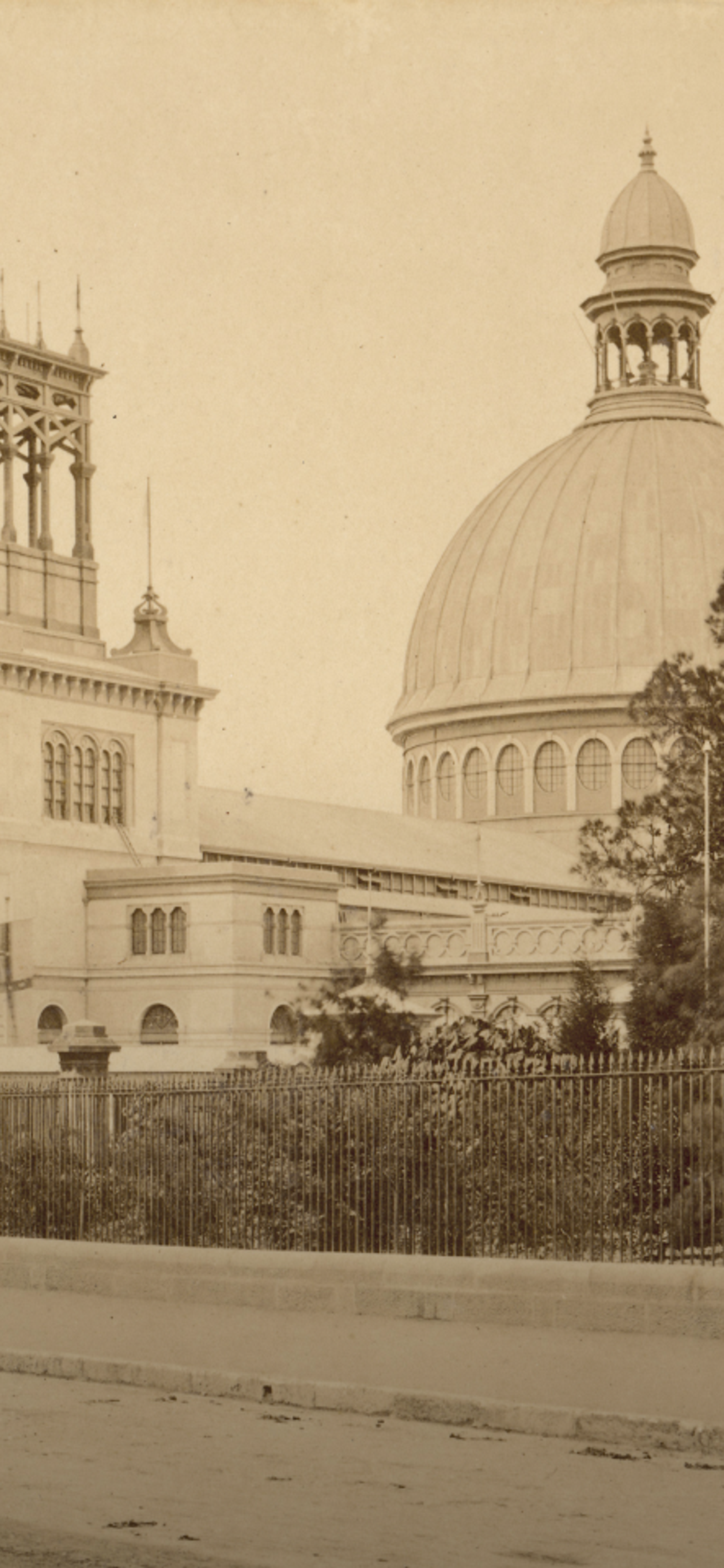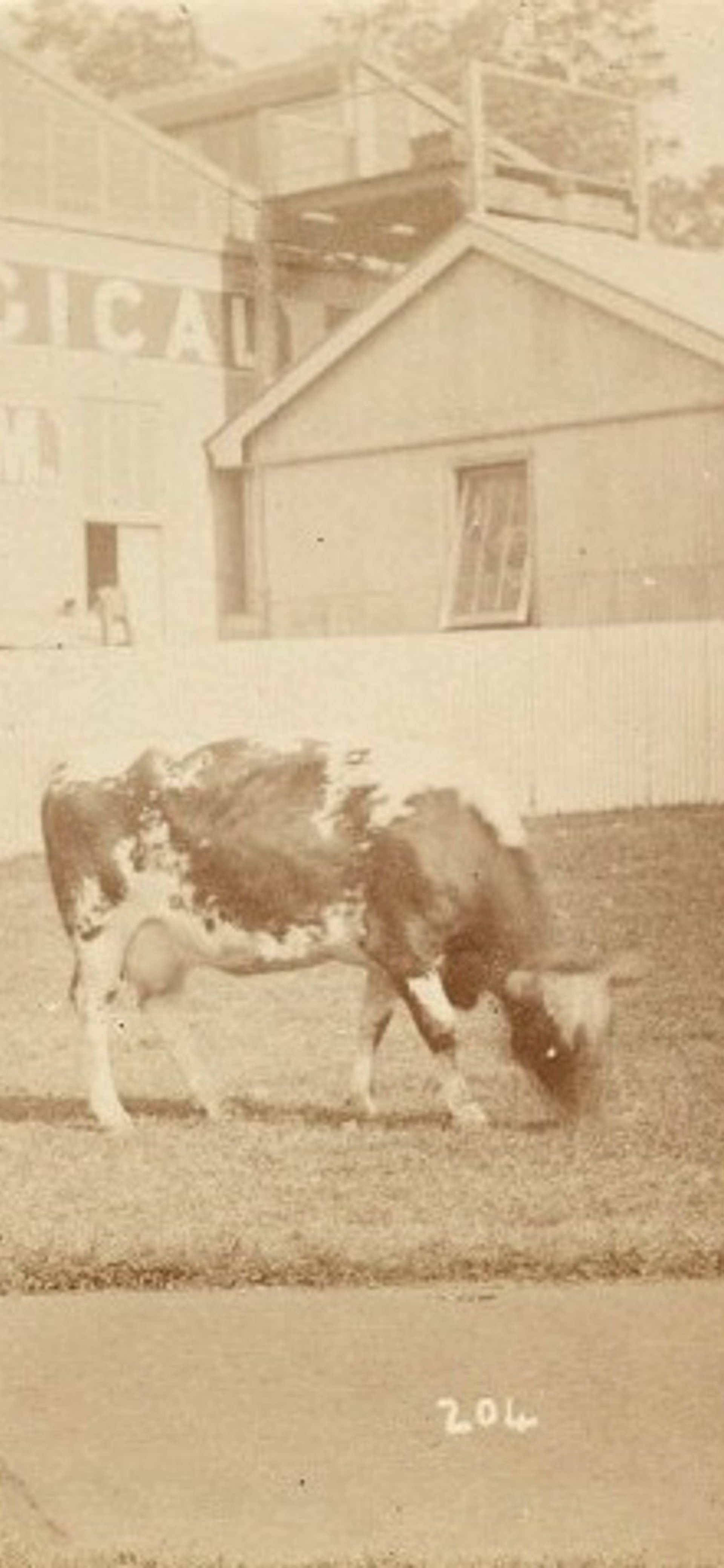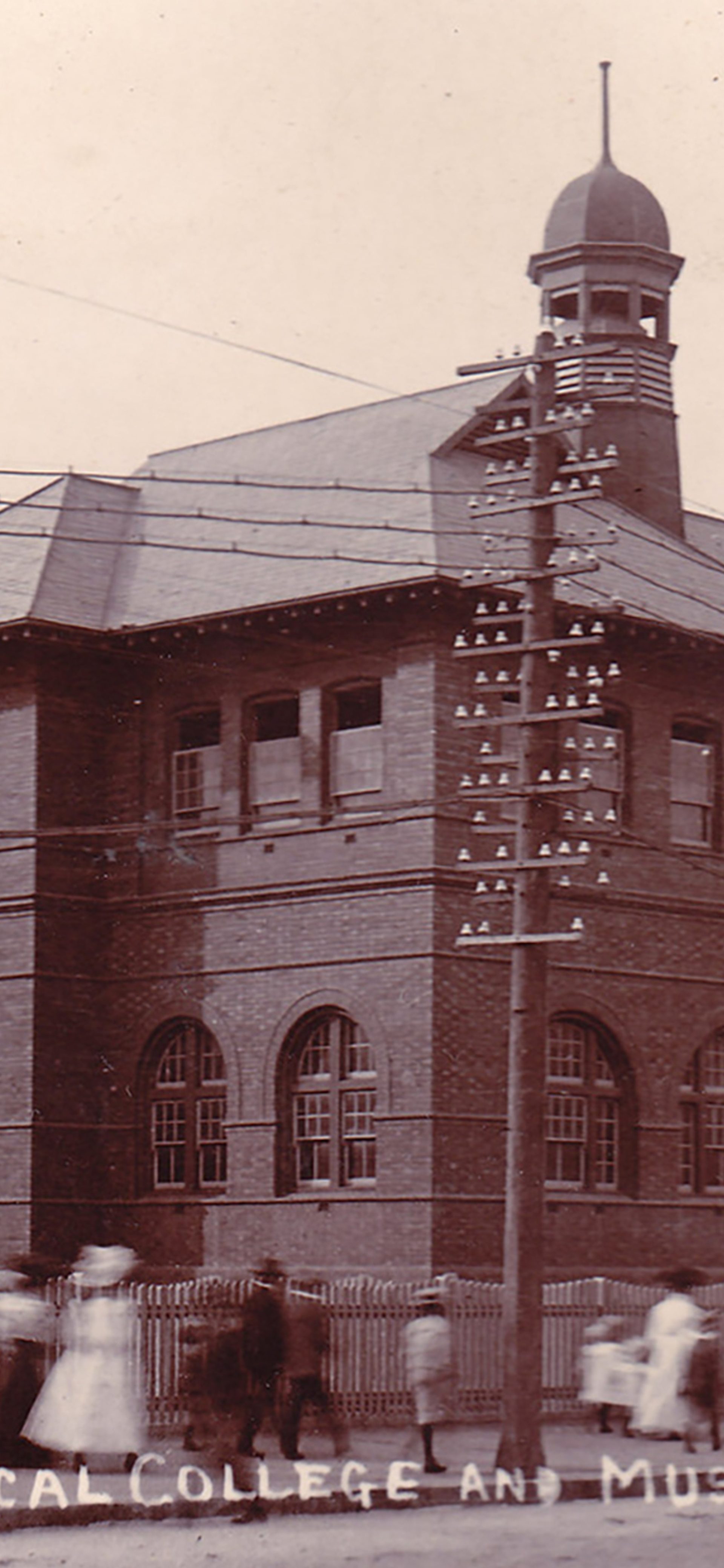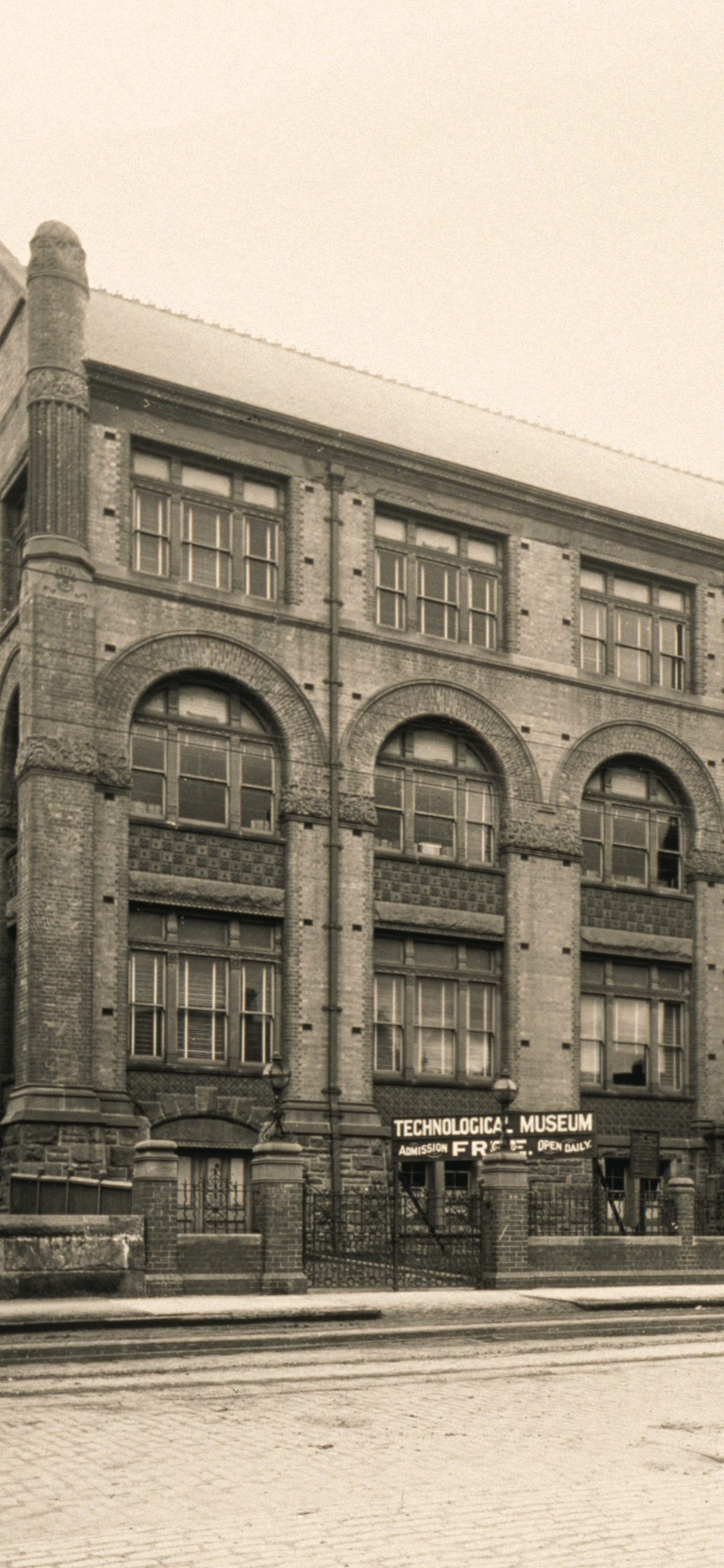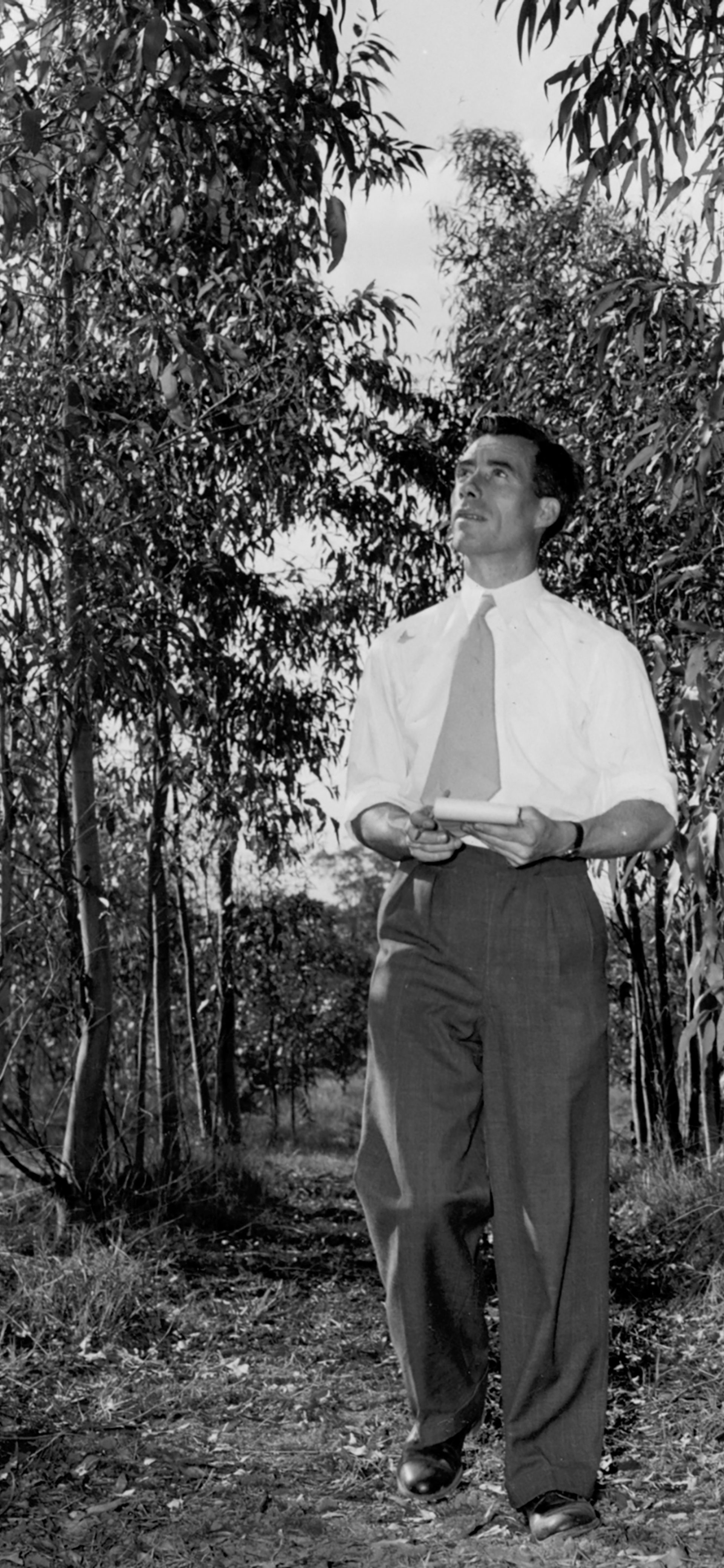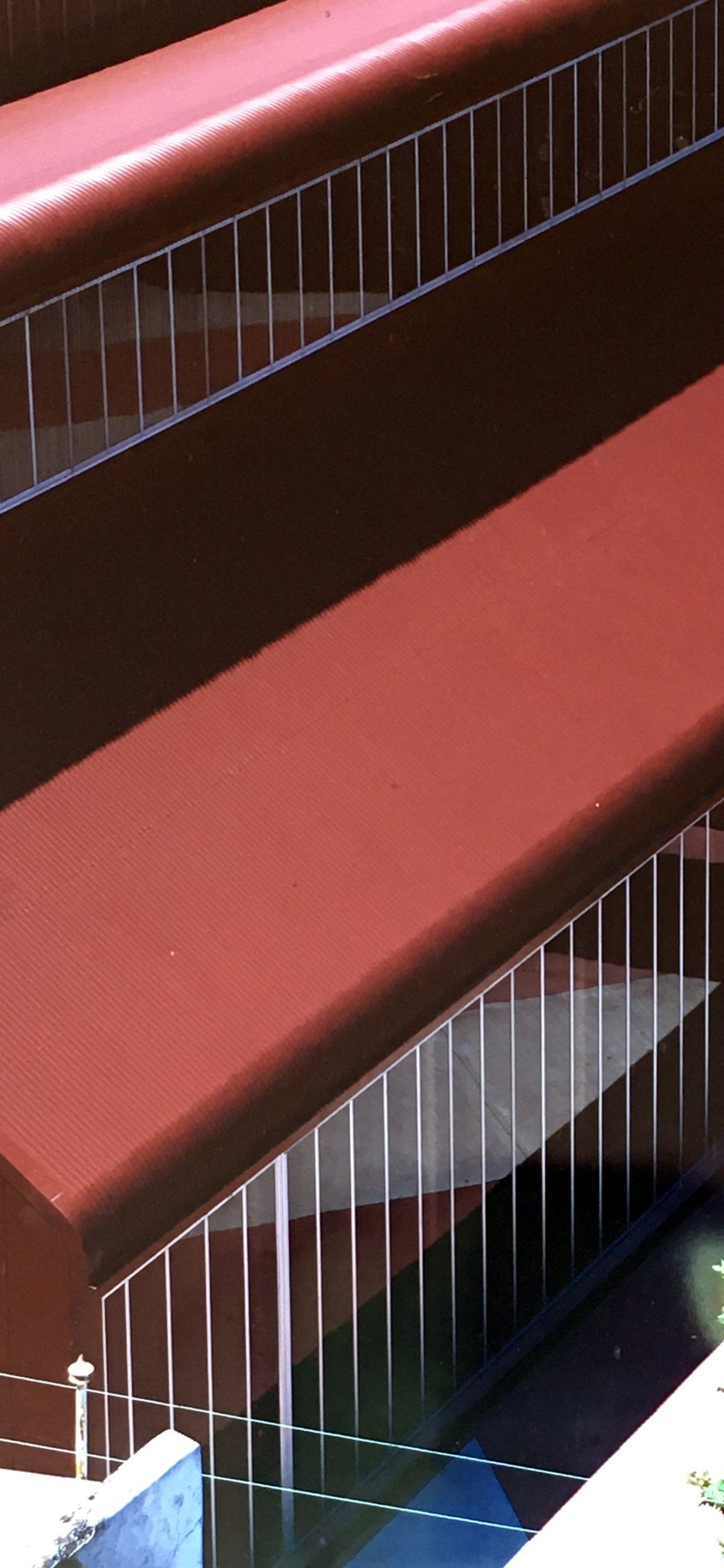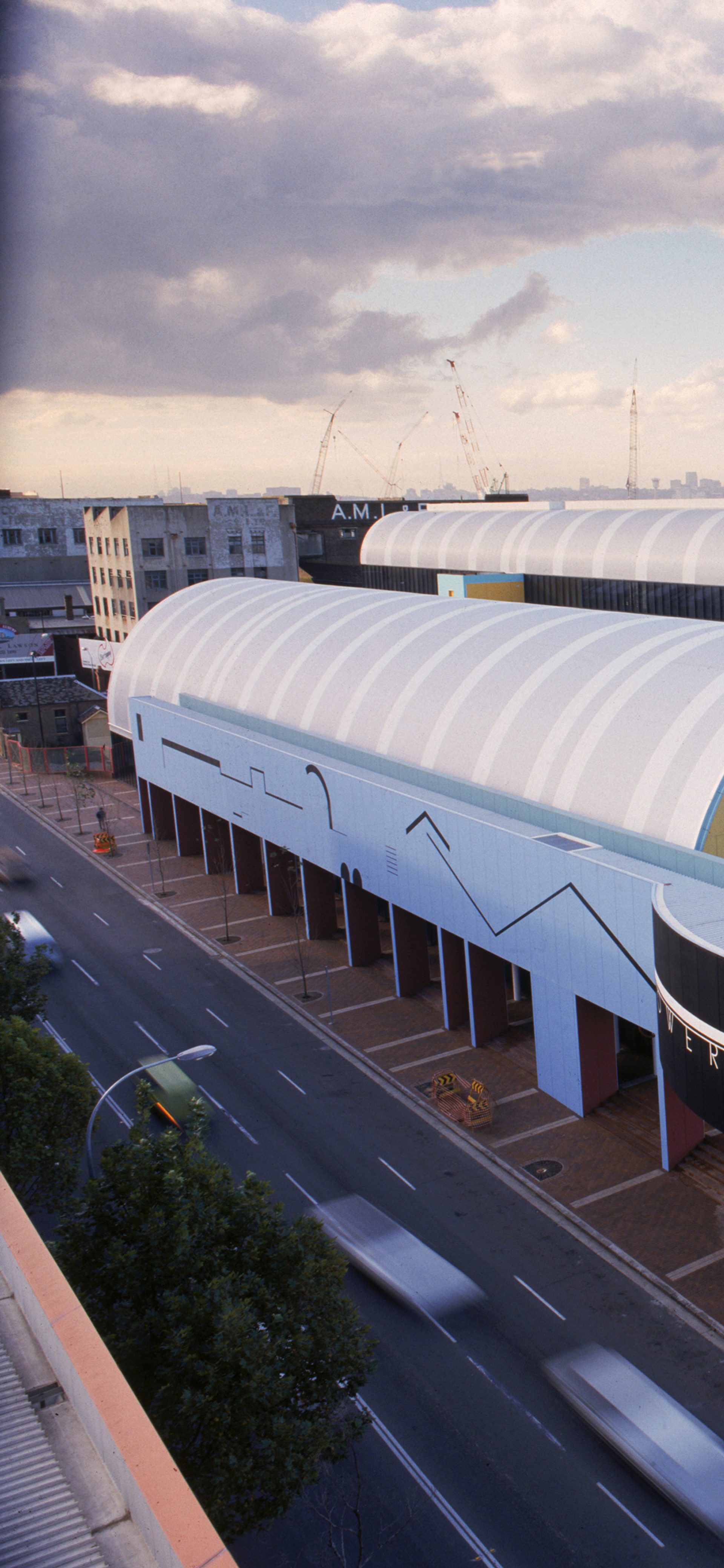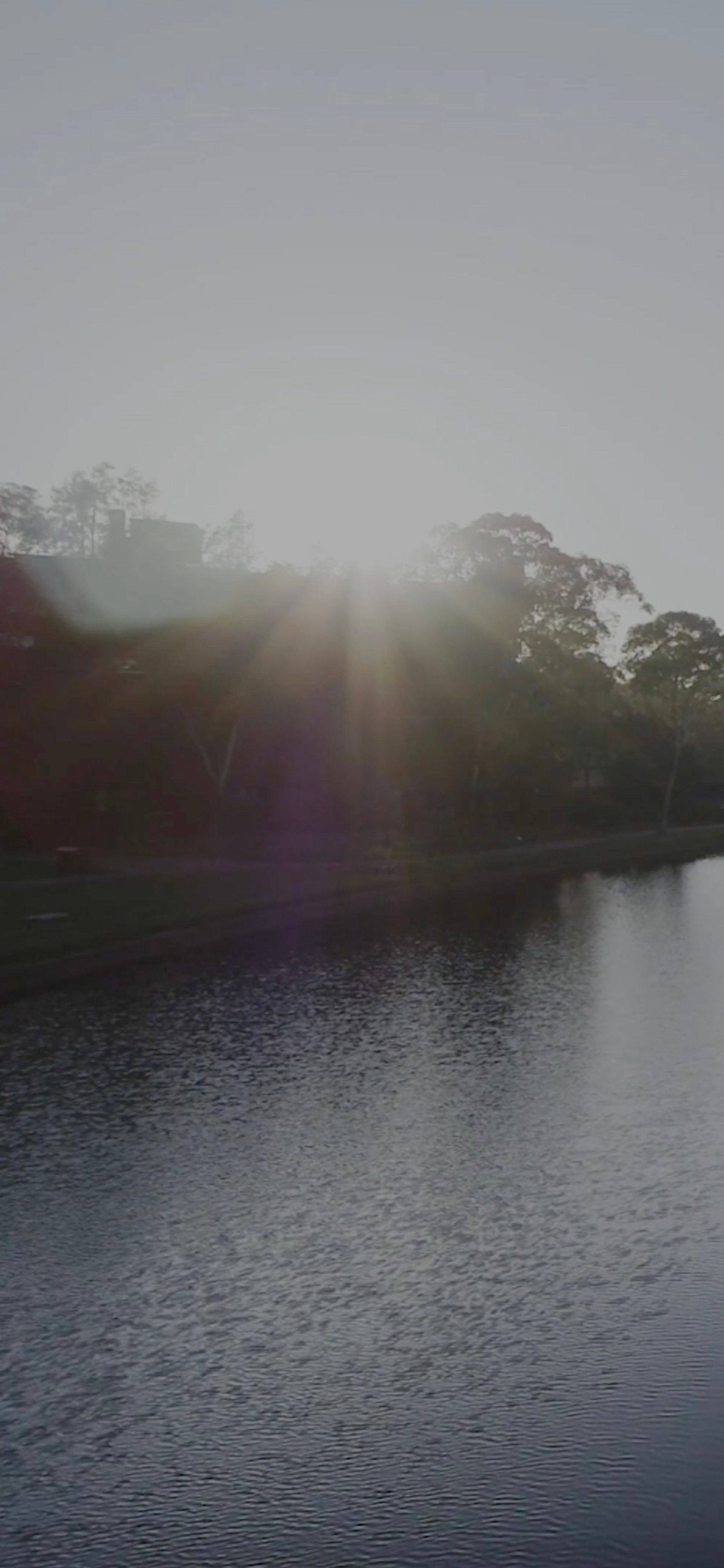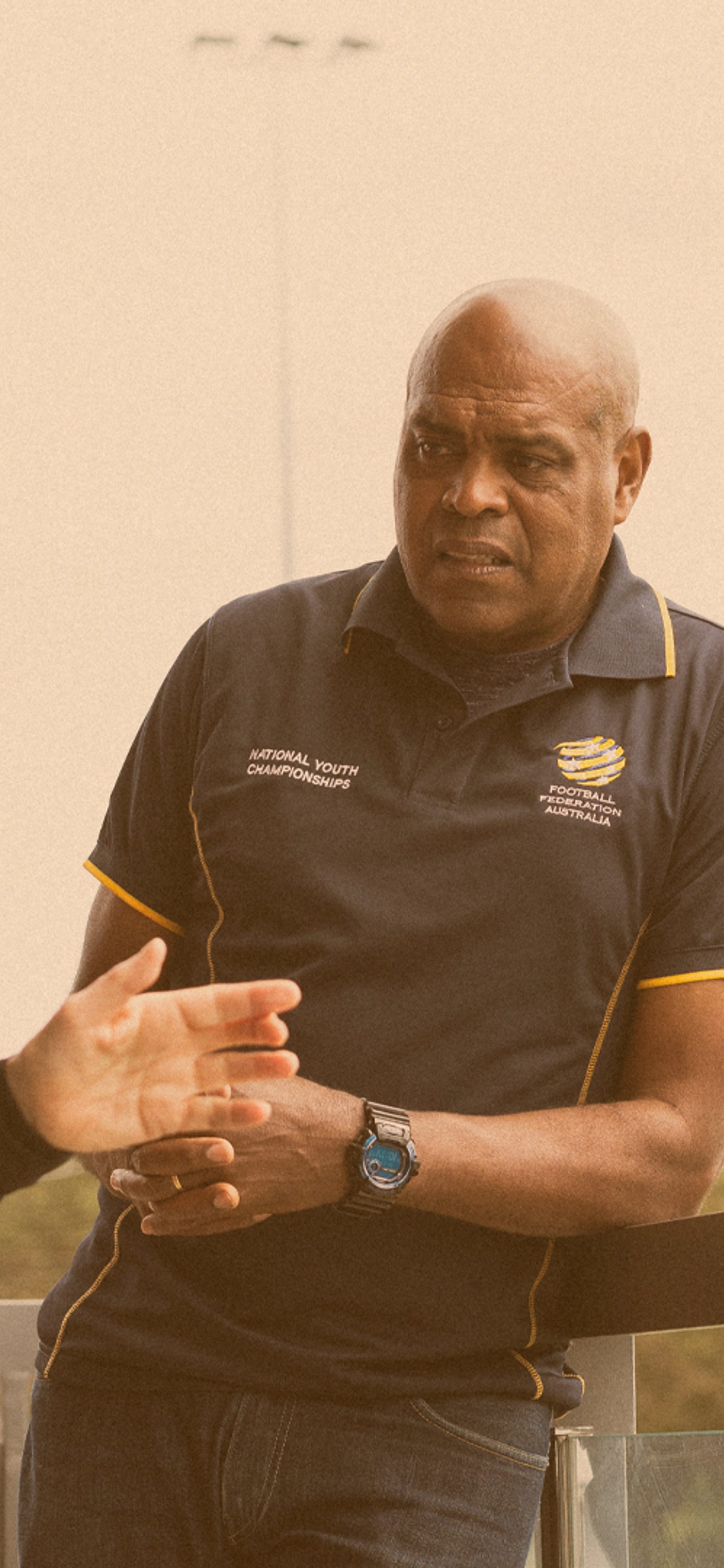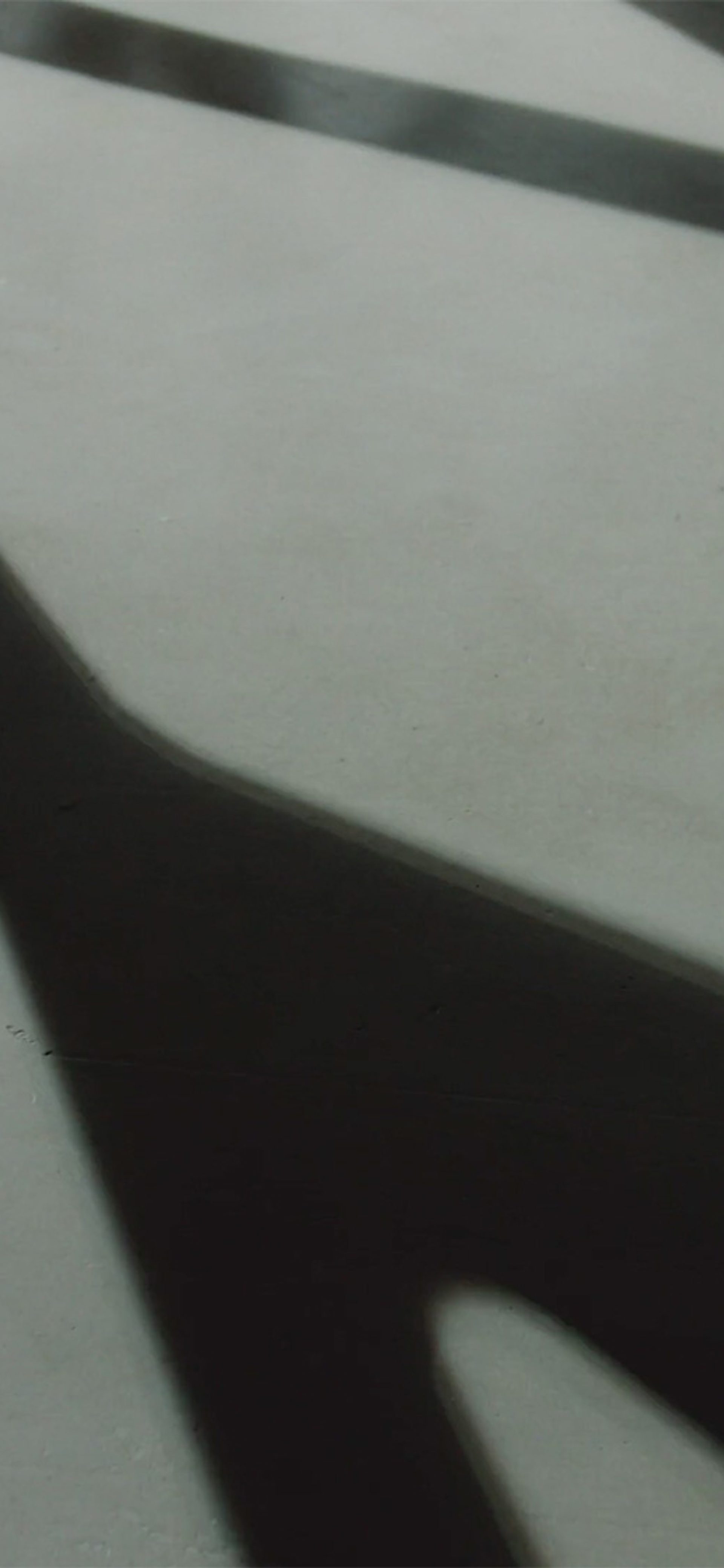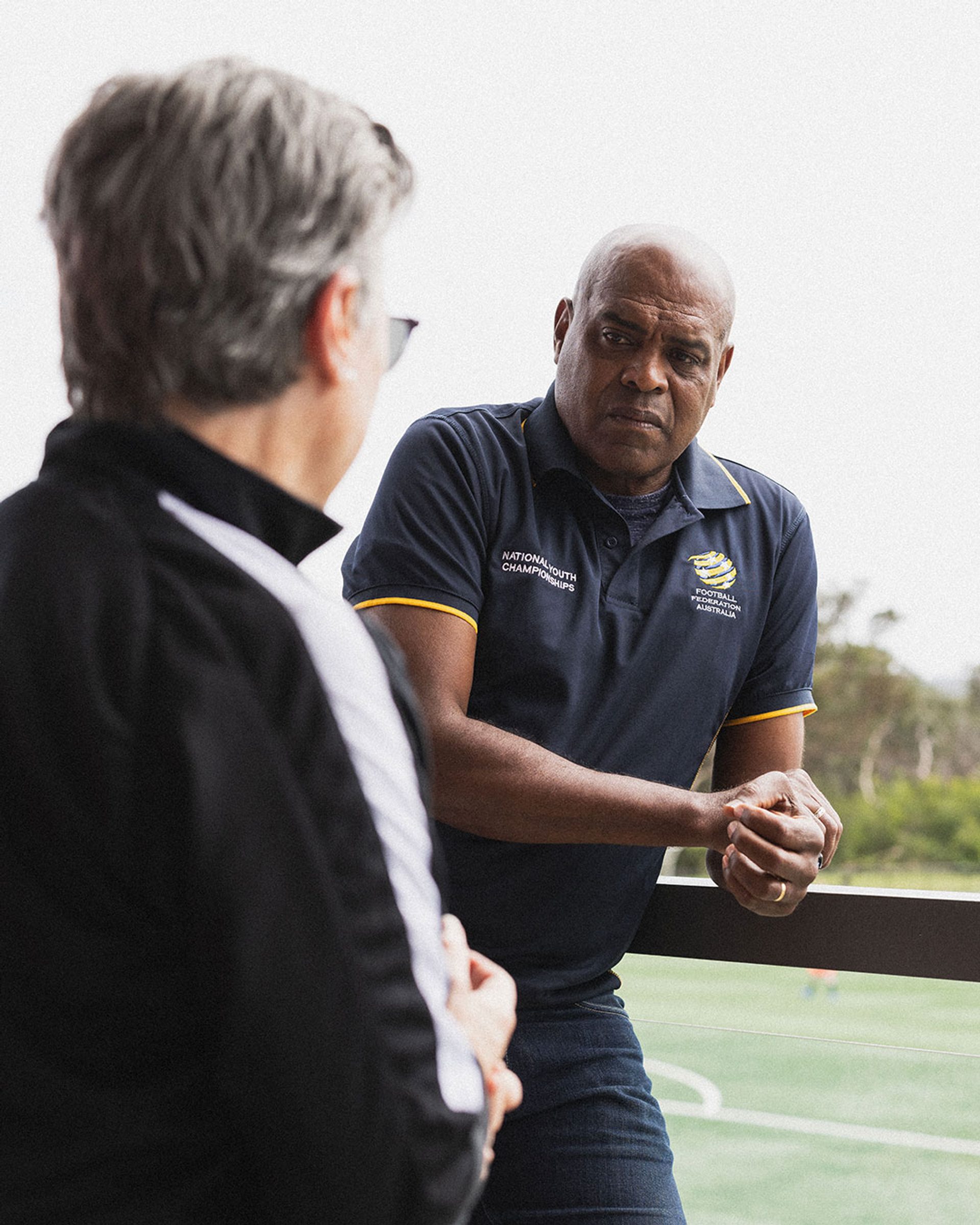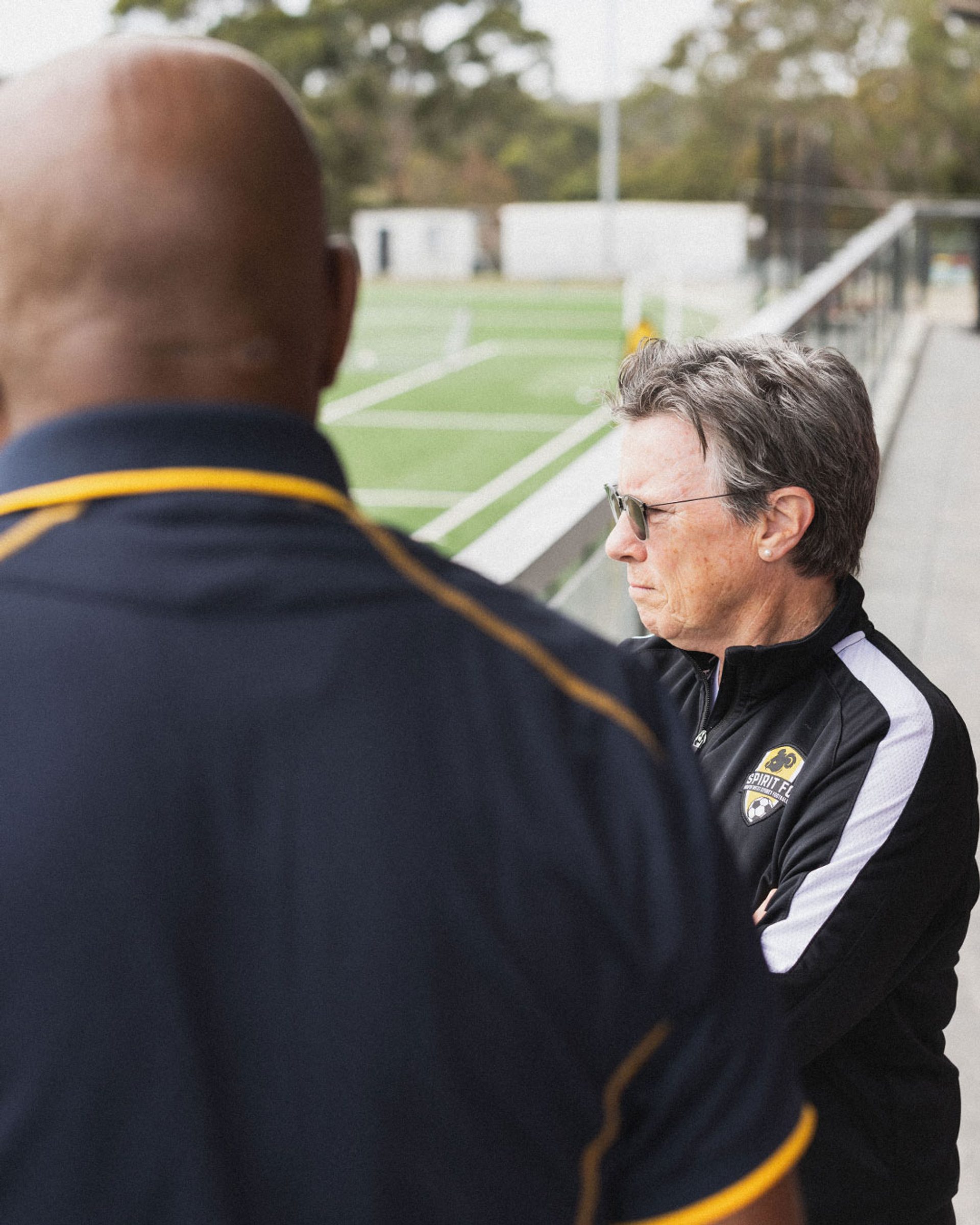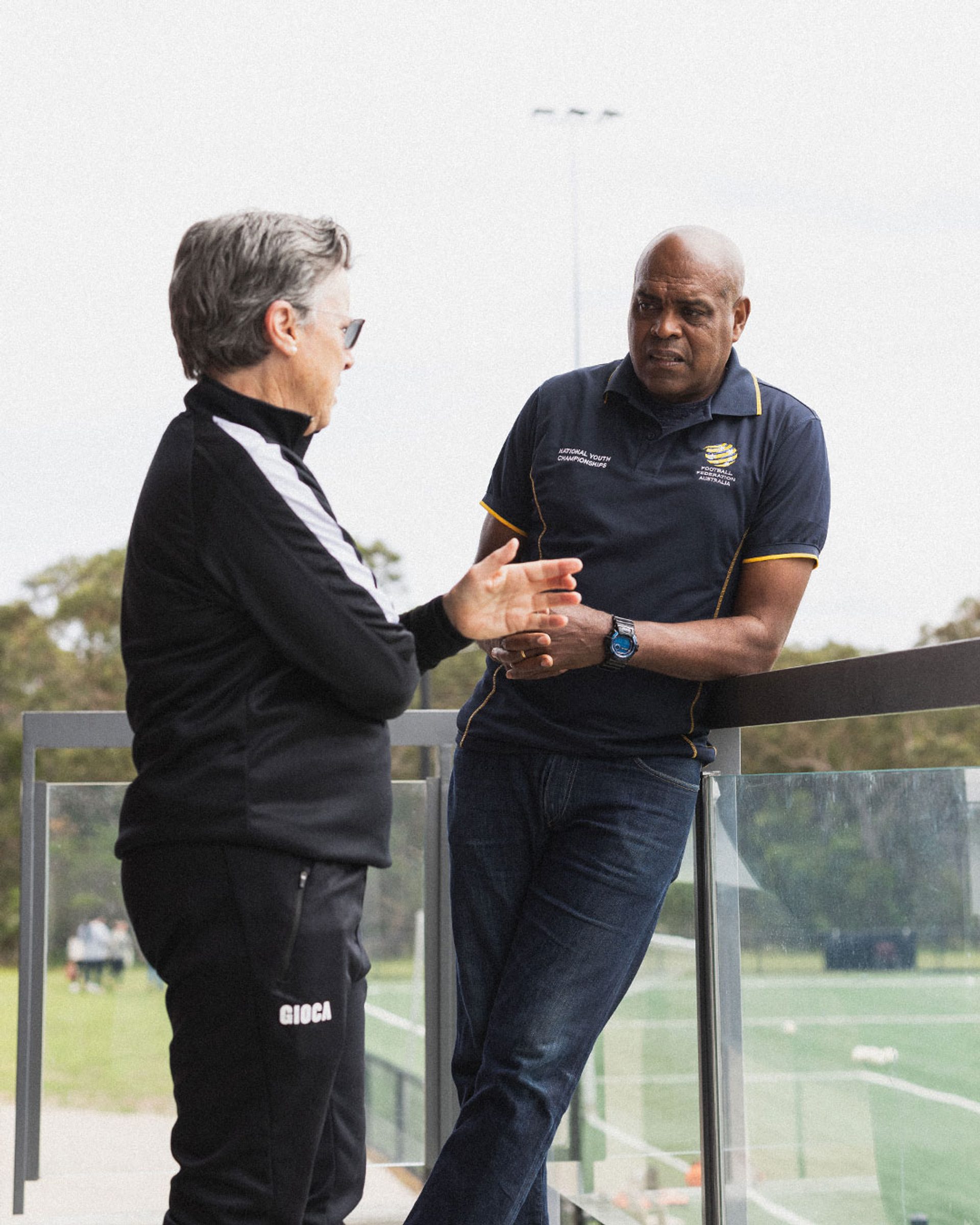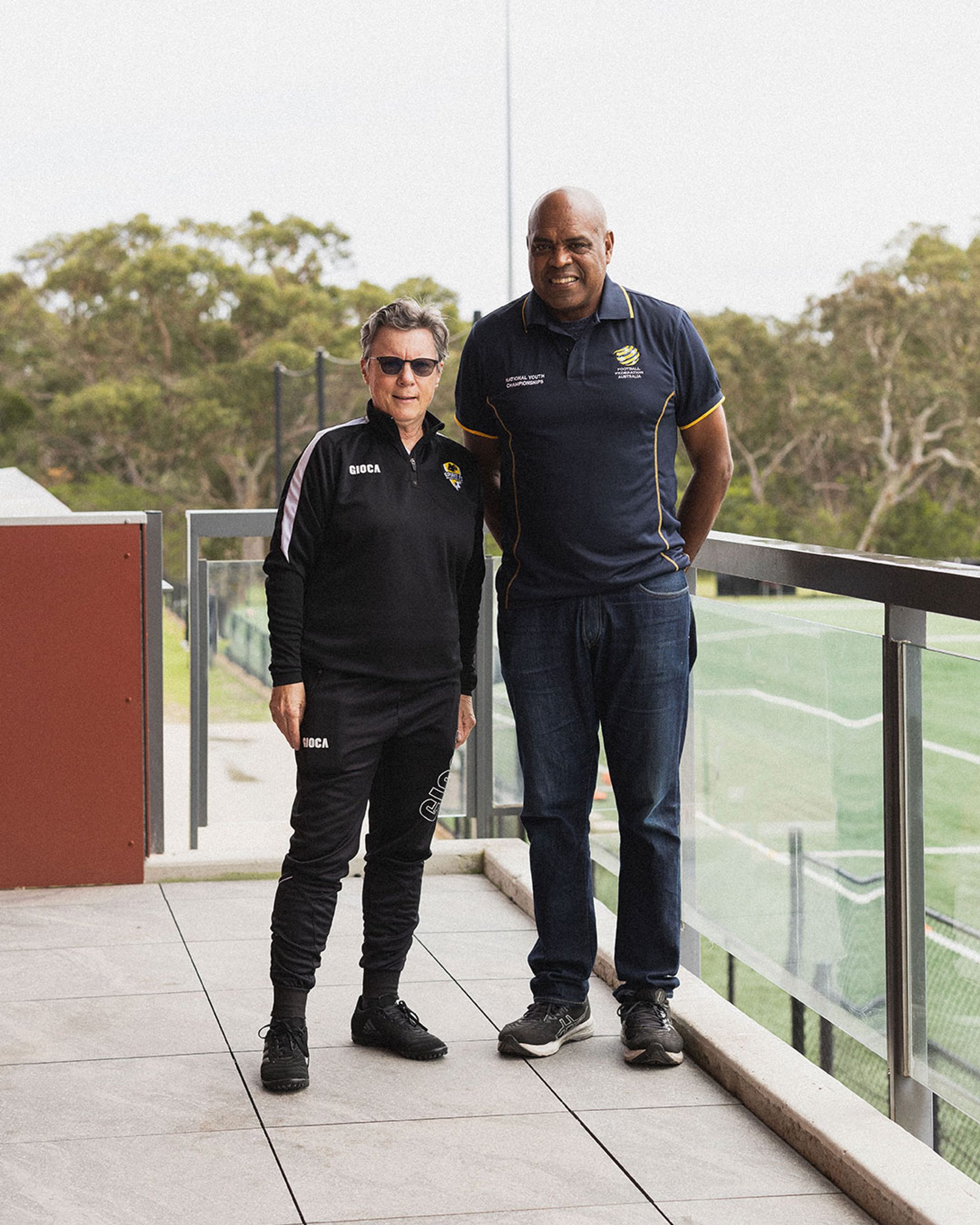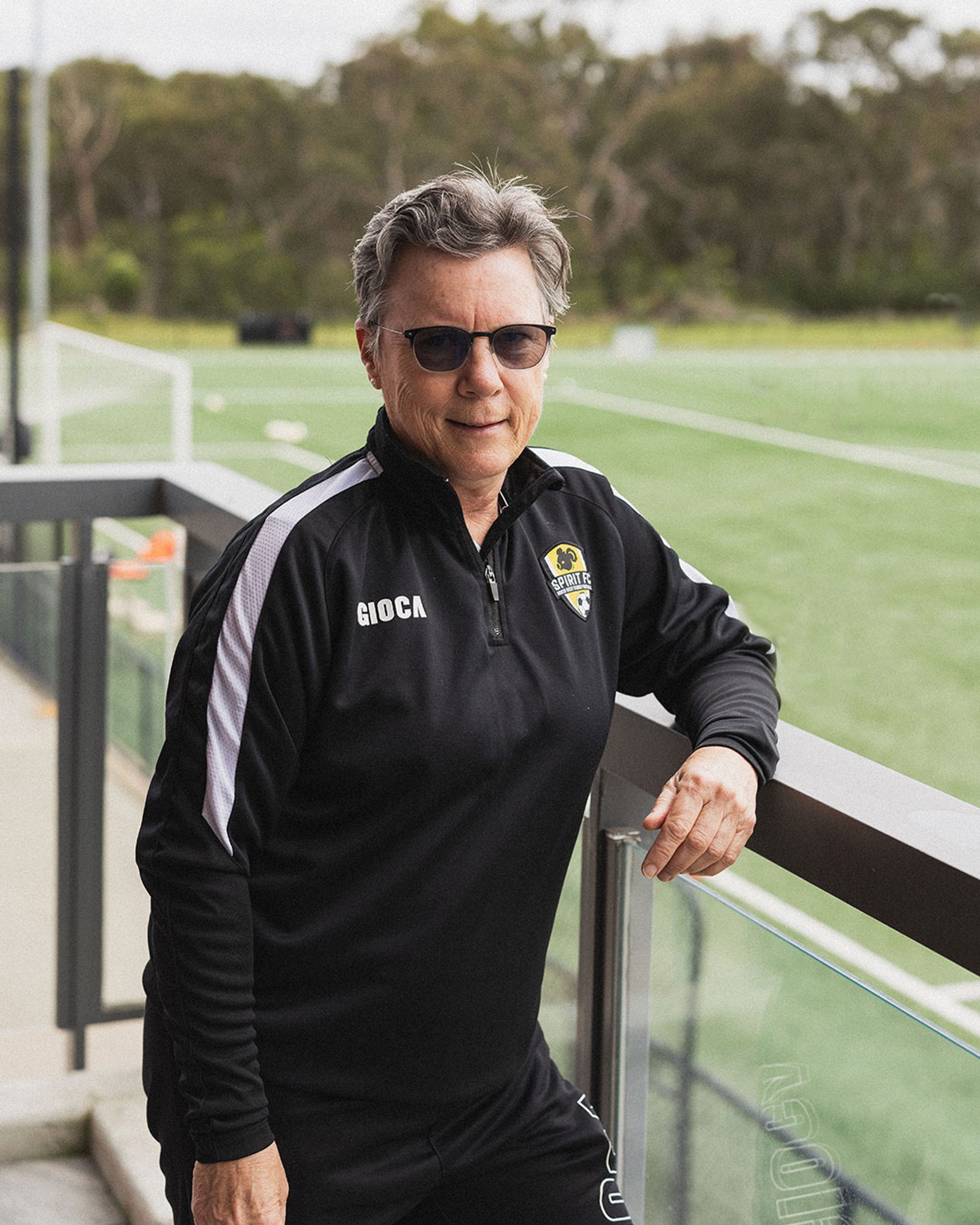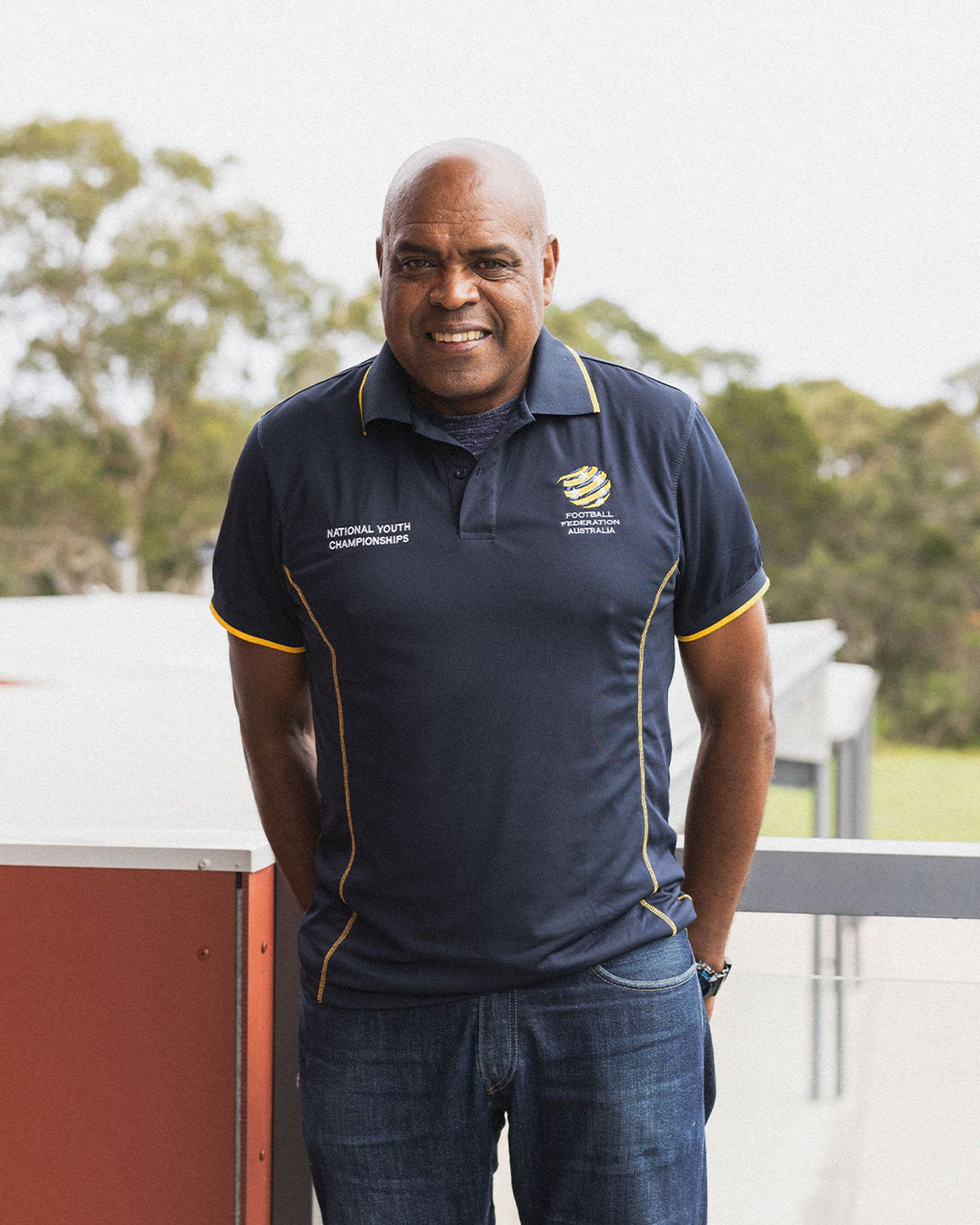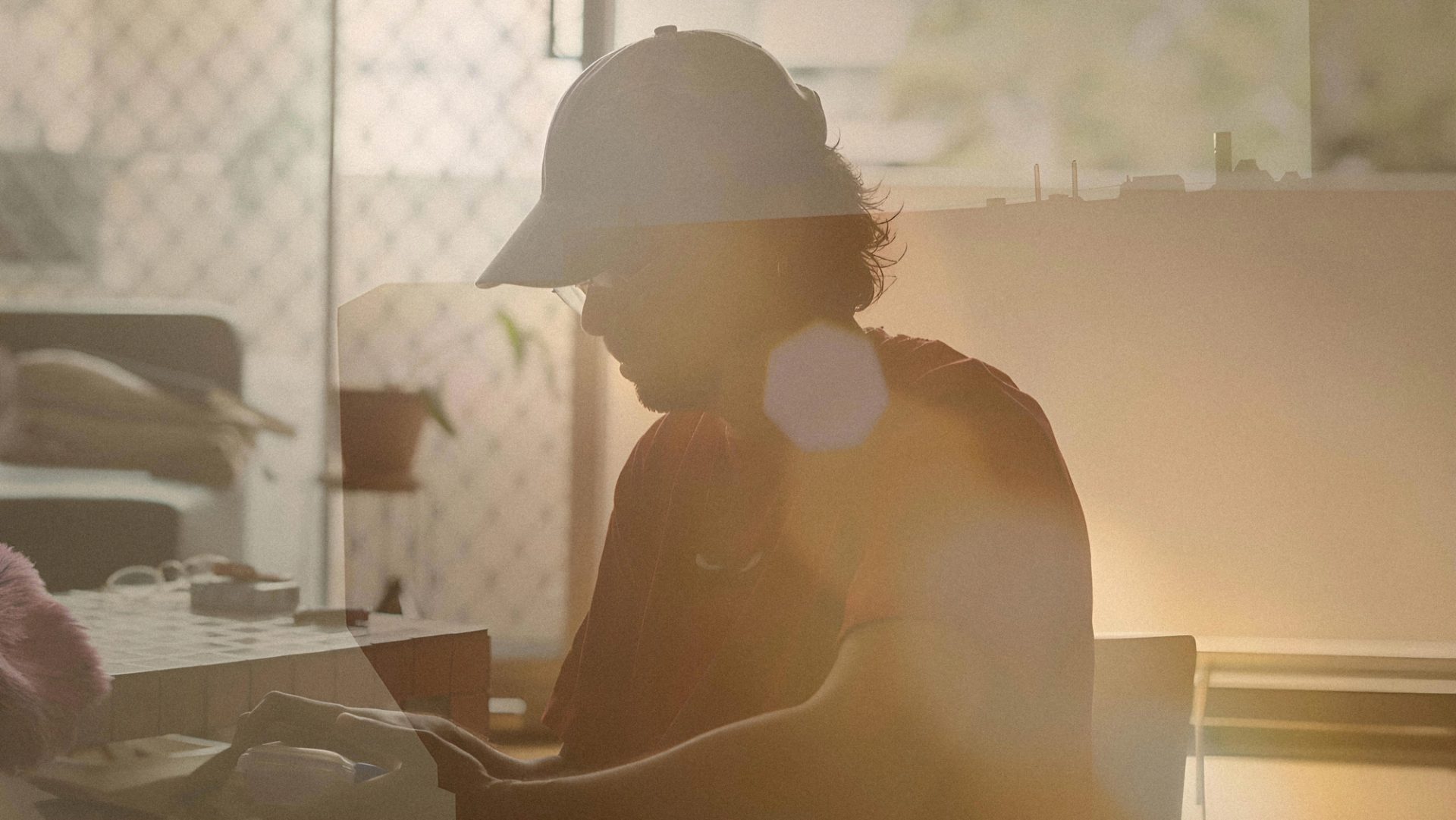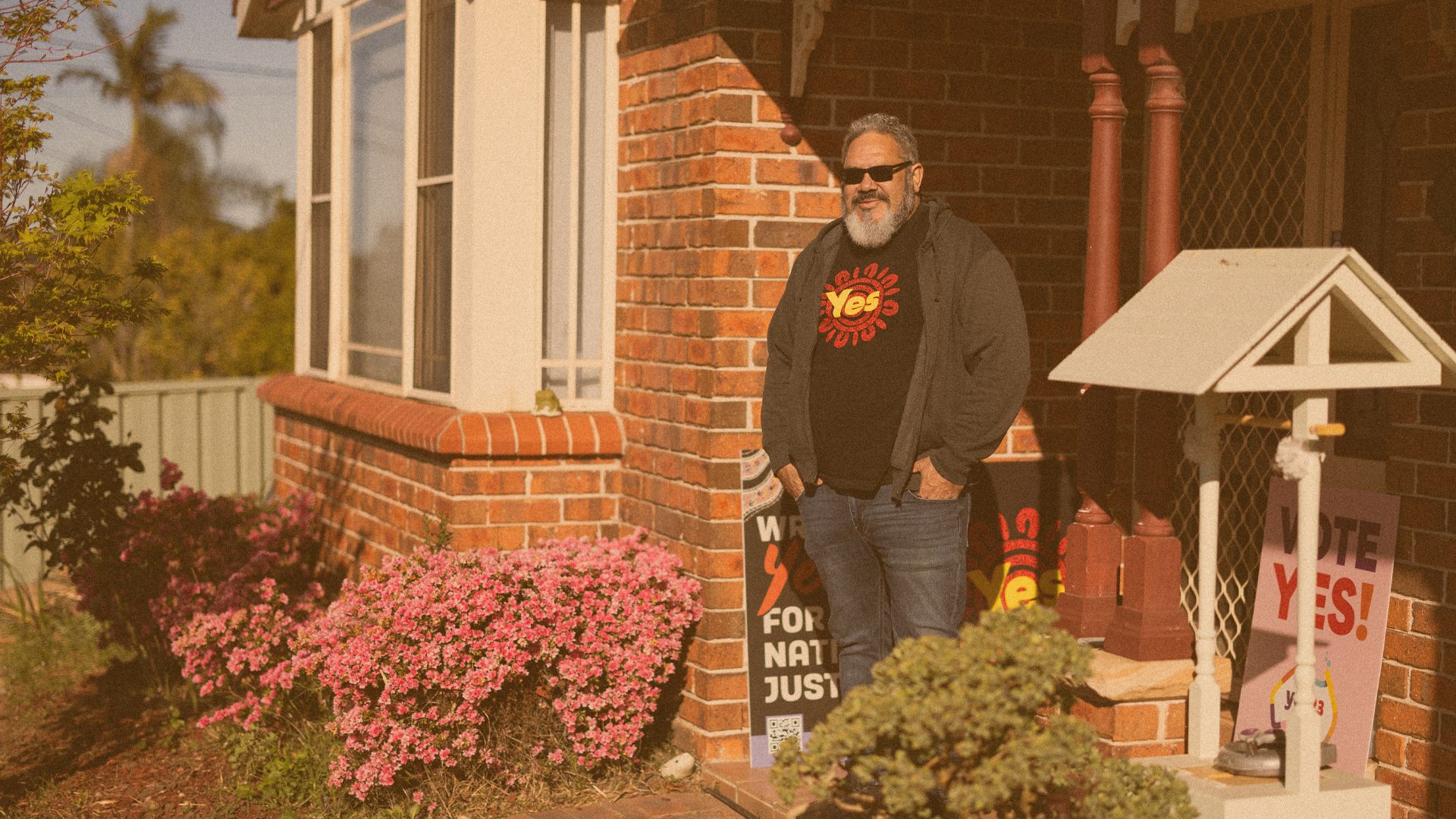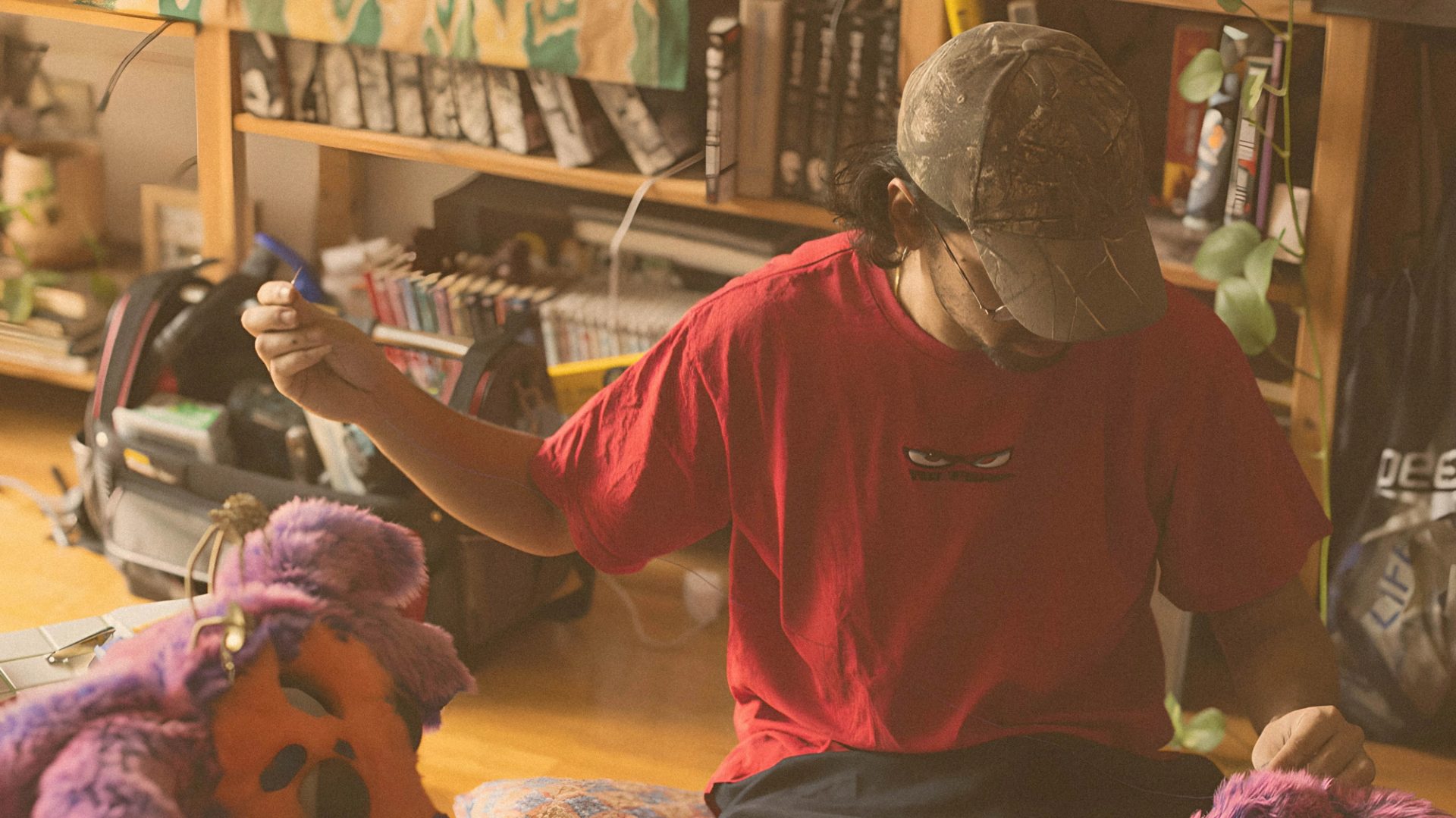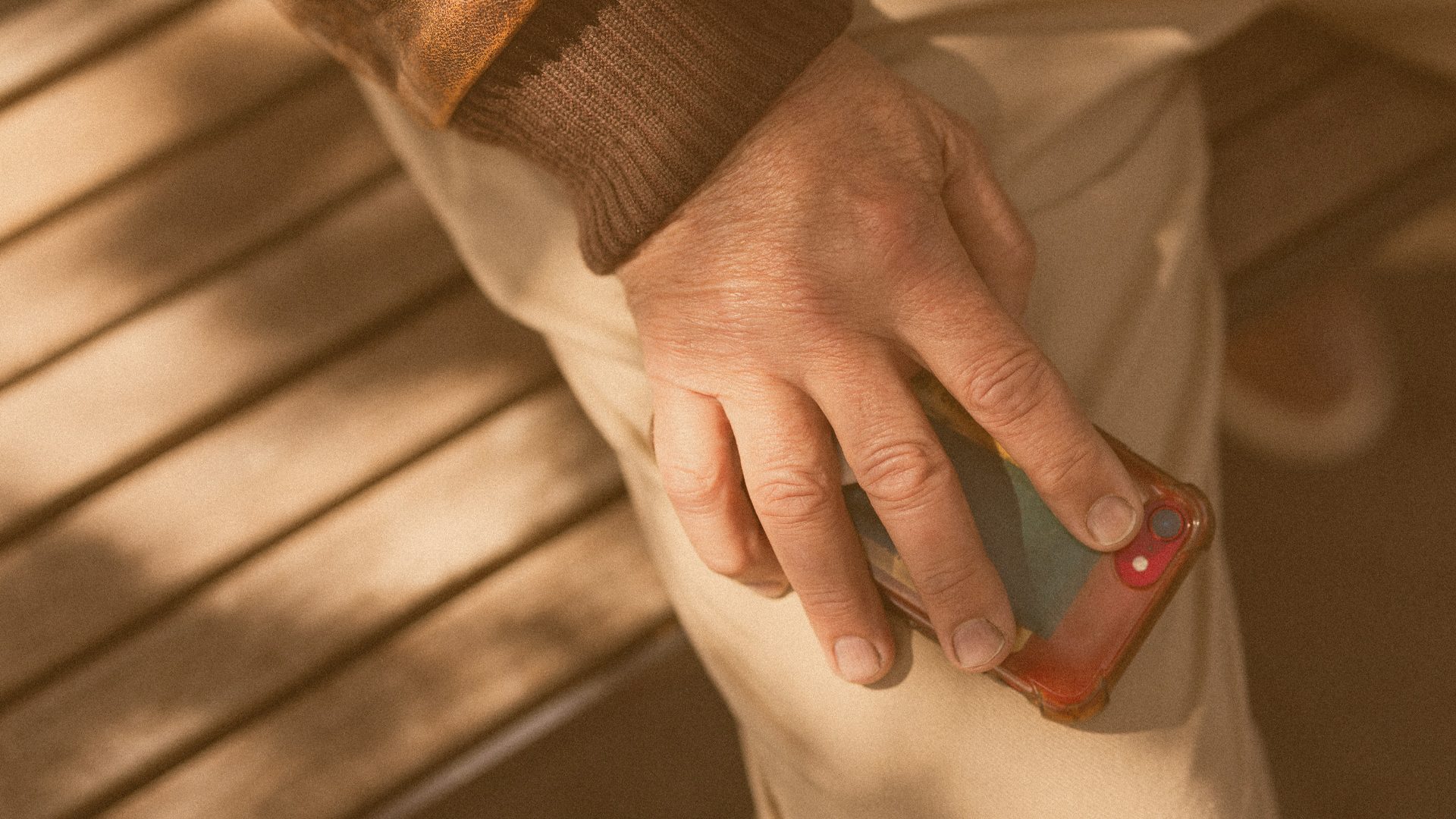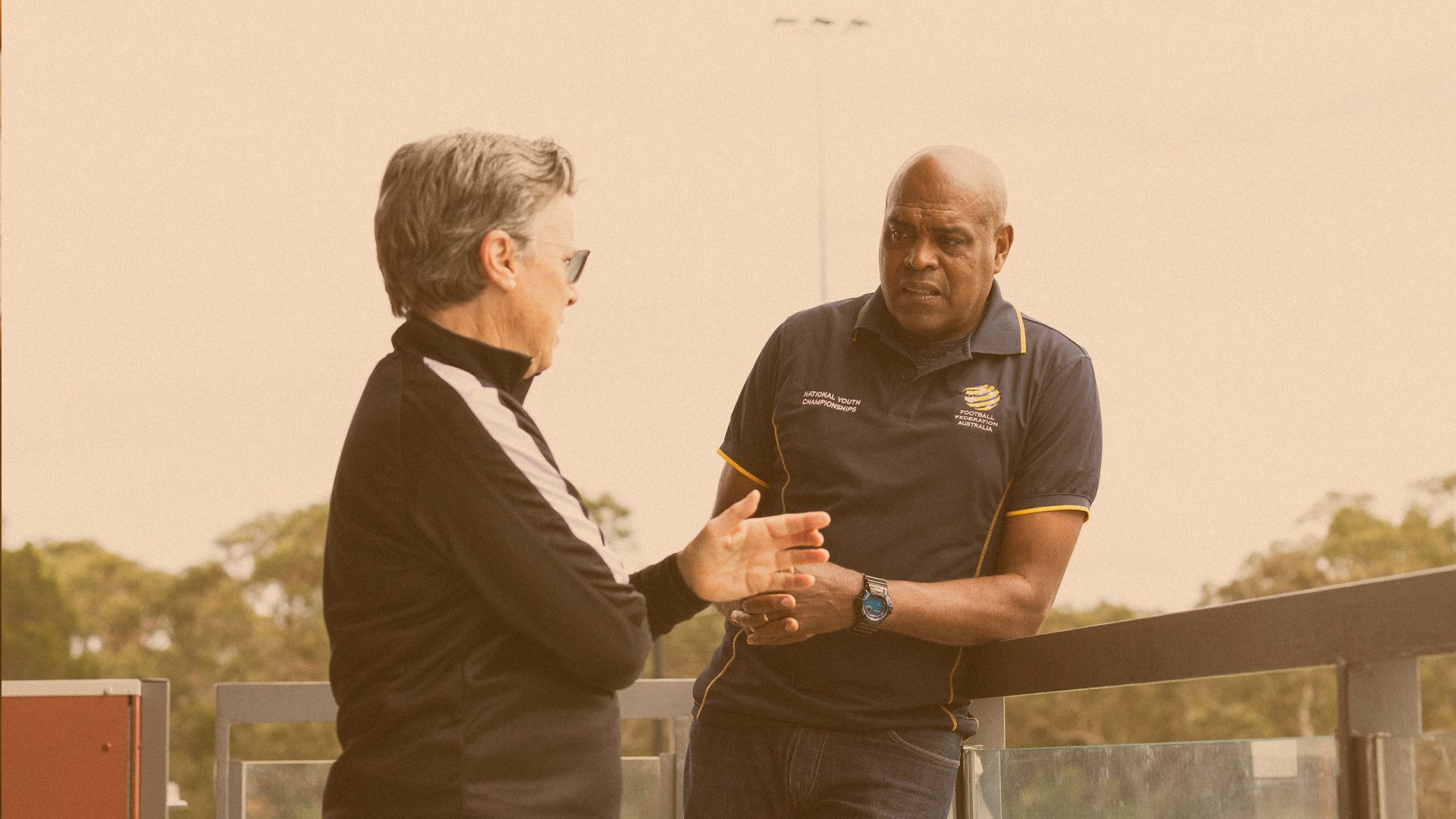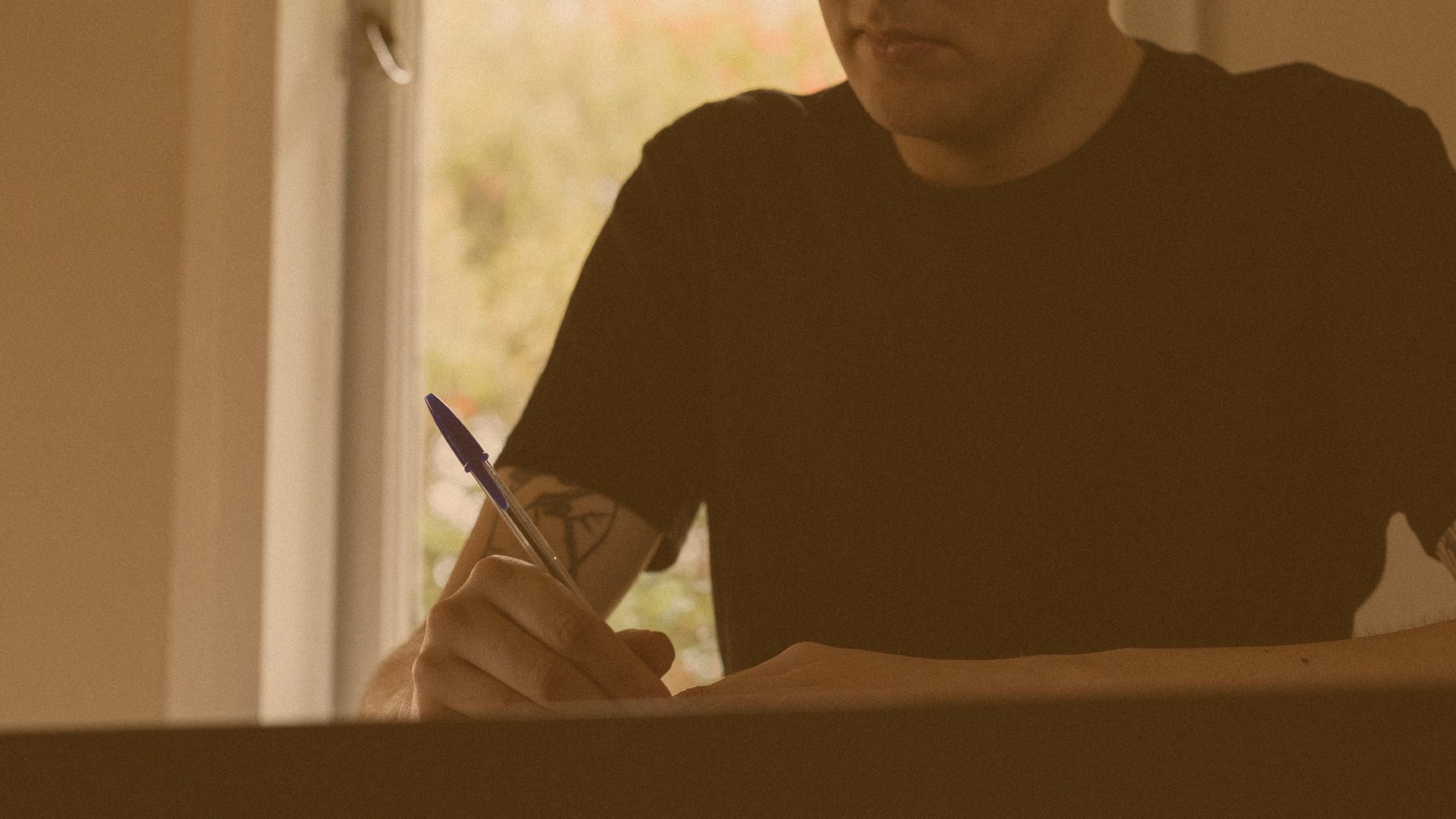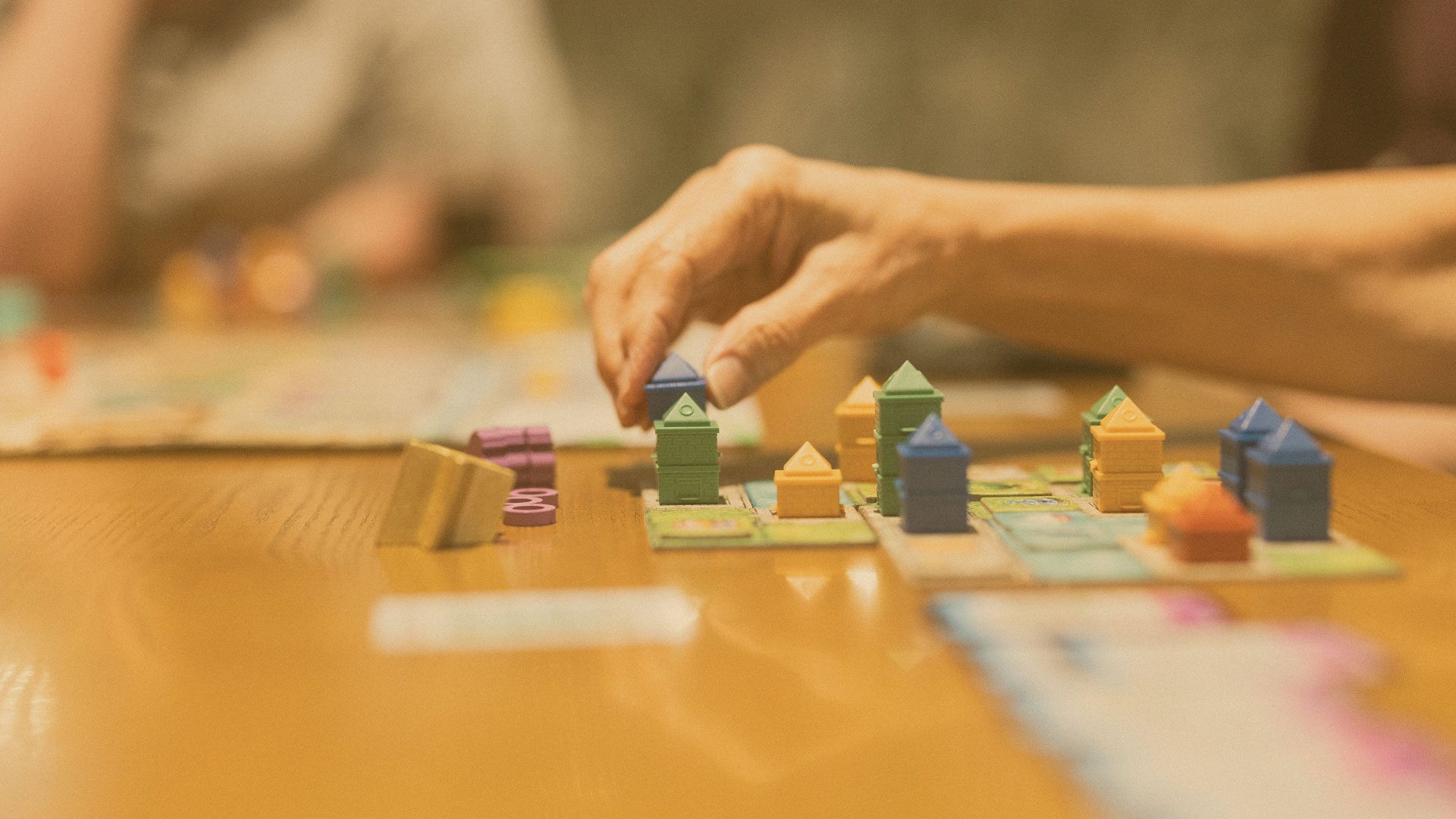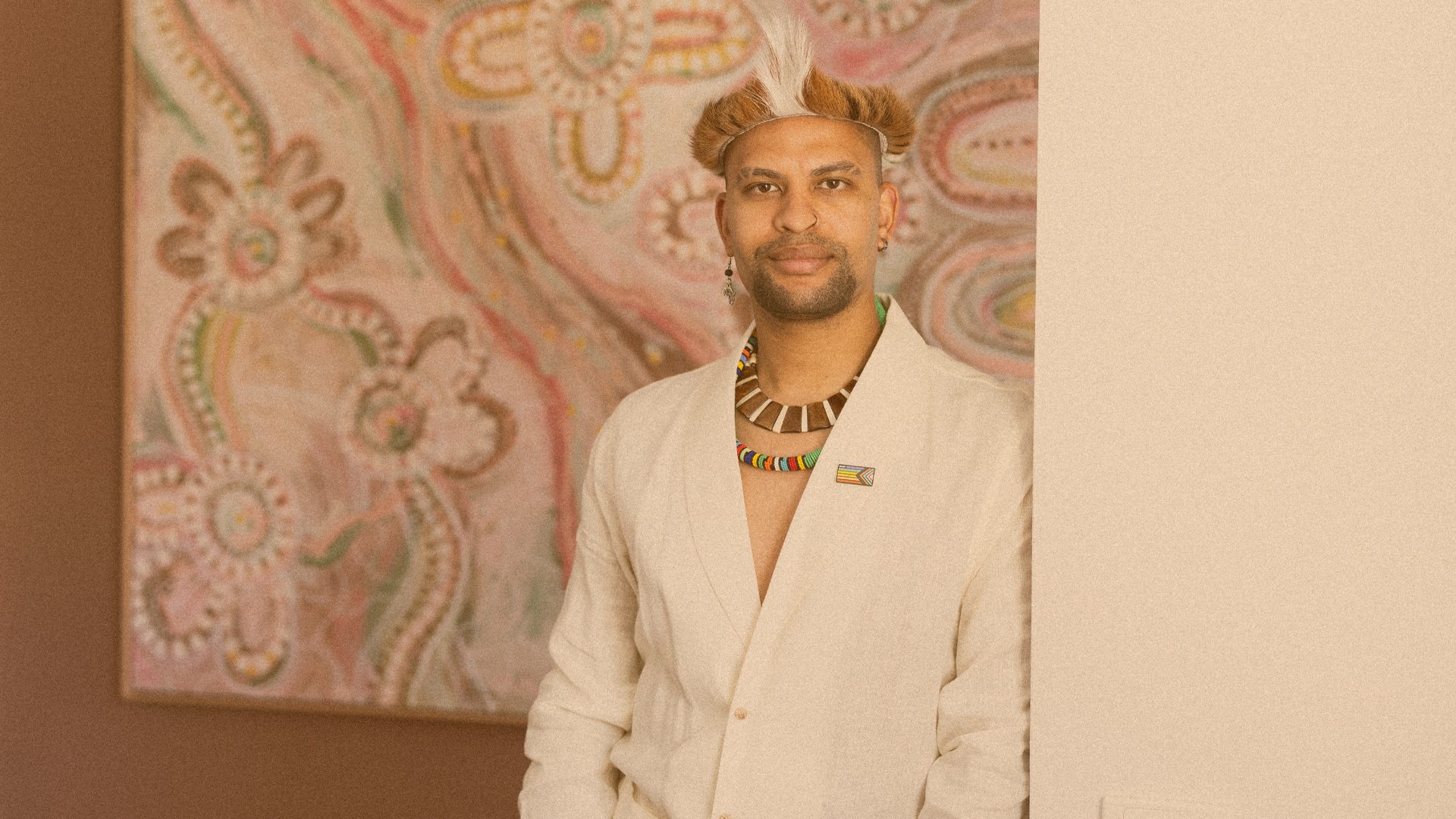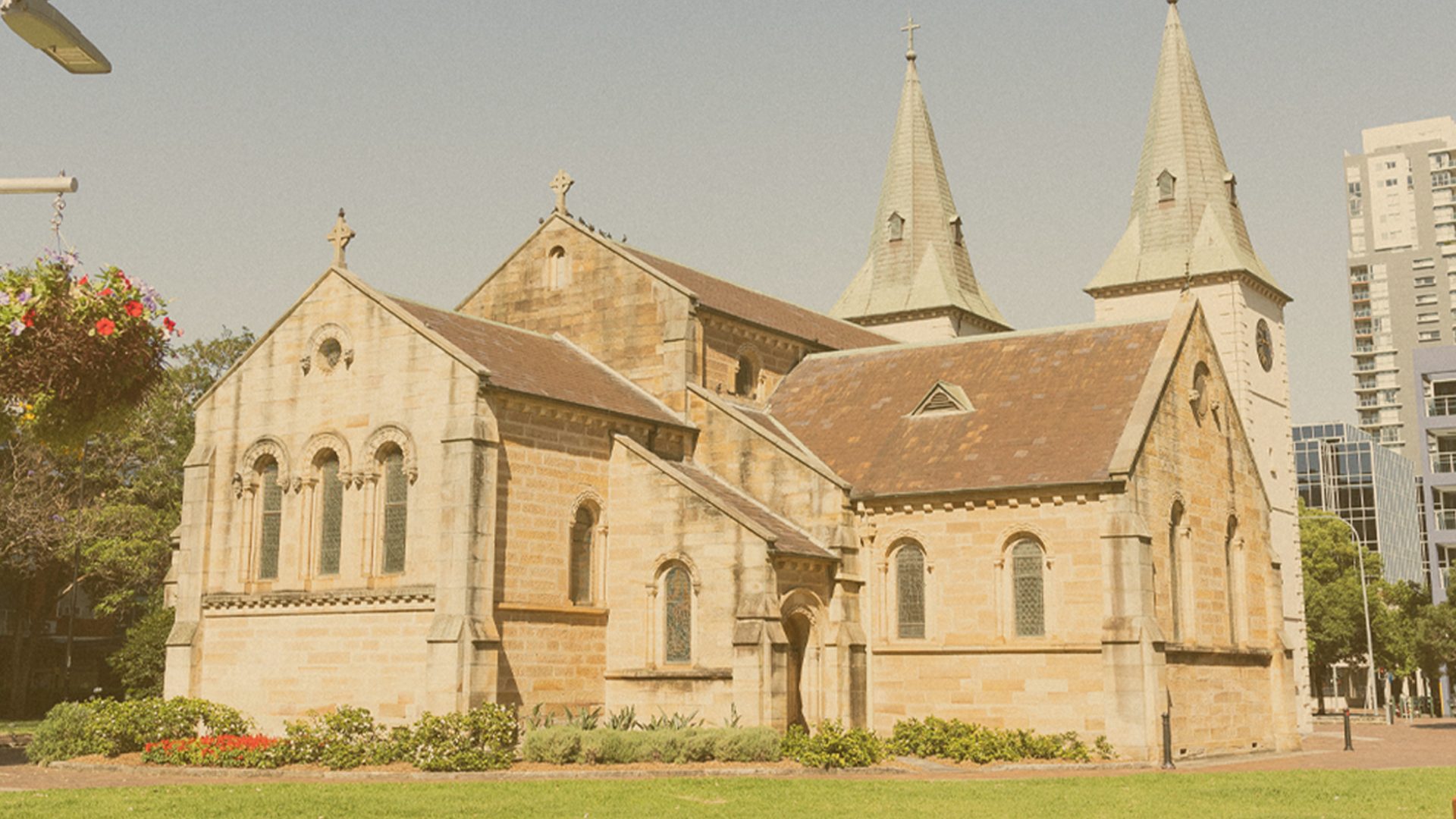Football mirrors life

Matildas icon Leigh Wardell and ex Socceroo Gerry Gomez are interviewed by Gerry’s daughter Jade Gomez on their lifelong commitment to championing women in sport.
For as long as I can remember, football has been a part of my life. Being raised by an ex-Socceroo, vivid memories of football commentary echoed my childhood hallways – a wakeup call in the early hours when I would tiptoe to the living room to see my father Gerry asleep on the couch with the blaring noise from football fans cheering their teams on the television in the background. I remember the lively dinner conversations when my father’s football friends would visit, analysing the game and ‘talking tactics’.
Dad first met Leigh Wardell, a legendary football role model, when my sister trialled for North West Sydney Koalas at Ermington – at the time the only female club in NSW and within the National Premier League Women’s competition.
Like Leigh, Dad pursued coaching as a profession after retiring from playing. ‘I’d heard of the reputation and influence Leigh had on young girls and I was curious to see for myself,’ he says.
From an Australian Institute of Sport scholarship to assistant coach of the Matildas and a coaching role with National Premier League club Marconi, Leigh embraced each new challenge.
The first time I met Leigh was when Dad invited her over for afternoon tea. Dressed, as always, in jeans, sneakers and a polo top, she had a reserved energy that masked her stamina. When I decided to interview Leigh, my only worry was doing justice to her story. I wanted to allow her active legacy to speak for itself in the way she coaches and mentors’ young girls and women.
Recruited at age 13 as one of the inaugural players for the newly formed national women’s team, the Matildas, Leigh was a dominant force on the field, representing Australia from 1978–88.

